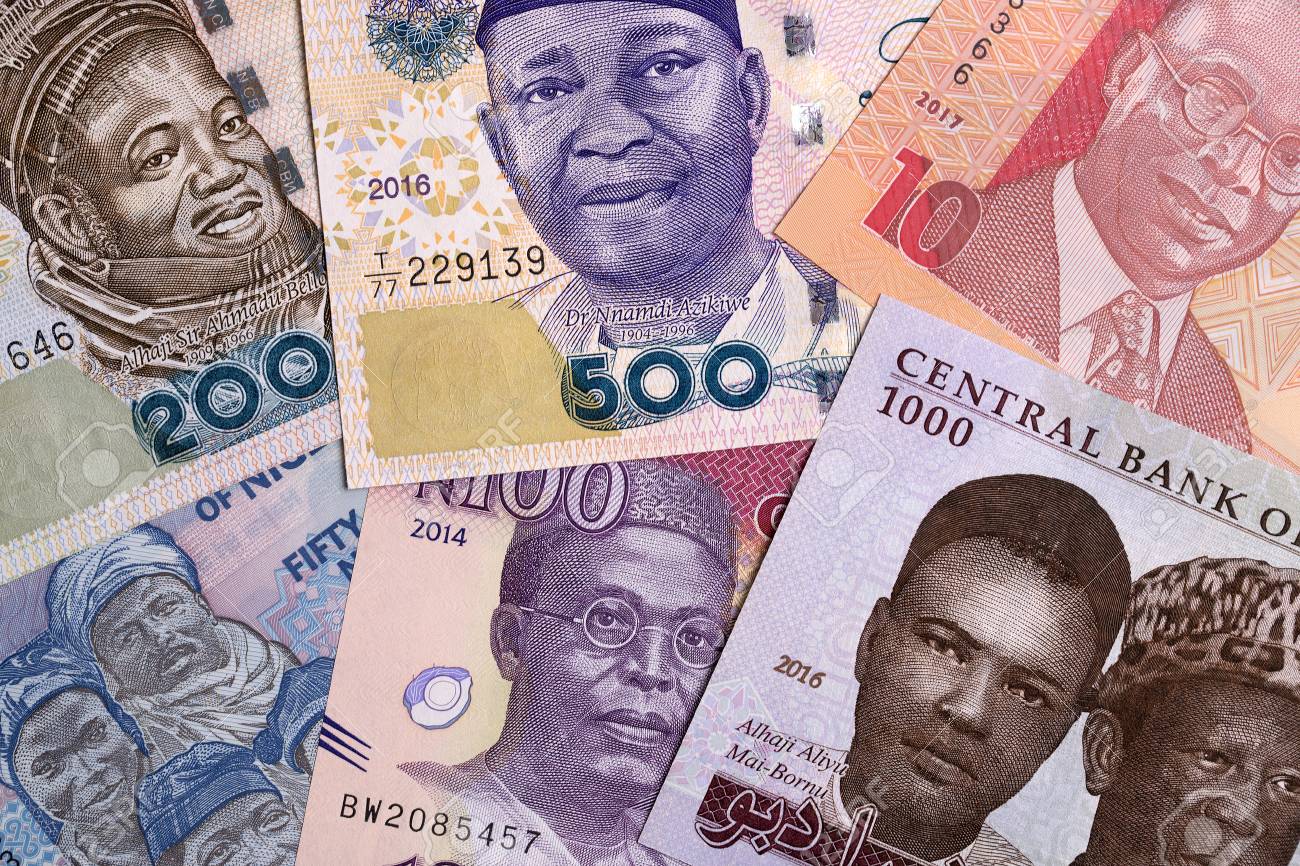The bills seeking to ban the governor and deputy governors of the Central Bank of Nigeria (CBN) from participating in politics propose to put an end to the era of CBN governors and their deputies frolicking with politicians. This is a welcoming development from the lawmakers as the bill, if passed, would create trust between the CBN and Nigerians, and allow the apex bank carry out its constitutional responsibilities without political interference.
Participating in politics could be an impediment to the CBN making monetary decisions without political interference.
During the last general election, the immediate past governor of the CBN, Godwin Emefiele purchased expression of interest and nomination forms of the All Progressives Congress (APC) for a sum of ₦100,000,000 to run for president under the banner of the ruling party. Not only did Emefiele purchase the forms, his campaign posters, and branded vehicles flooded the Federal Capital Territory. This development generated a lot of controversies across the country with many citizens calling for his resignation.
The trust citizens have in the political class keeps diminishing daily to the extent that once they perceive that any decision-making body is affiliated with any political party or politician, they withdraw their support. We’ve seen this play out with the Independent National Electoral Commission (INEC) which is the electoral body of the country. Citizens have lost confidence in INEC to the extent that they no longer believe the body is capable of conducting free and fair elections.
“CBN governor participating in politics like we saw in the last election. We know the problem he almost caused for the nation.
“I’m proposing that section 9 be amended further that will ban the CBN governor and deputies from participating in politics when they are in service,” says Sunday Karimi, the senator representing Kogi West while arguing for the bill.
Section 9 of the CBN Act, 2007 says the Governor of the Central Bank and his deputies “shall devote the whole of their time to the service of the Bank and, while holding office, shall not engage in any full or part-time employment or vocation, whether remunerated or not, except such charitable causes as may be determined by the Board and which do not conflict with or conflict with their full-time duties.” This means that it is forbidden for a CBN governor and his deputies to have other time-consuming engagements outside their duties to the Bank. This is to ensure that the Bank has their undivided attention as there are money-saving and economy-rescuing policies to be made.
At this time when Nigeria is in an economic mess, with the Naira poorly struggling against the US Dollar, the CBN is expected to dissociate itself from politics and busy itself with salvaging the poorly performing currency. It will help the governing body to make decisions without any distractions whatsoever. Participating in politics could be an impediment to the CBN making monetary decisions without political interference.
During the last electioneering period in Nigeria, one of the reasons the CBN gave for changing the features of 200, 500, and 1,000 Naira notes, leading to Naira scarcity was that the apex bank was on an anti-corruption crusade to frustrate vote-buying during the election. According to Emefiele, he had gotten the approval of the immediate past president, Muhammadu Buhari to embark on such a policy which hurt the citizens. It was hard to tell whether Emefiele was fighting for the interest of the country or the political party he belonged to.
It is also worthy of note that such a move by Emefiele forced the majority of the citizens to withdraw their support for any policy coming from the CBN due to a breach of trust.
Central Bank governors and deputies dissociating themselves from politics and politicians will establish a level of trust in the CBN in the minds of Nigerians. A truly independent CBN will be able to make decisions that positively affect the country alone without considering the interests of politicians and political parties.
Bashir Turawa is a policy analyst with interest in government policies across Africa and how they affect the citizens. He is a graduate of literature at Usmanu Danfodiyo University, Sokoto, Nigeria.

